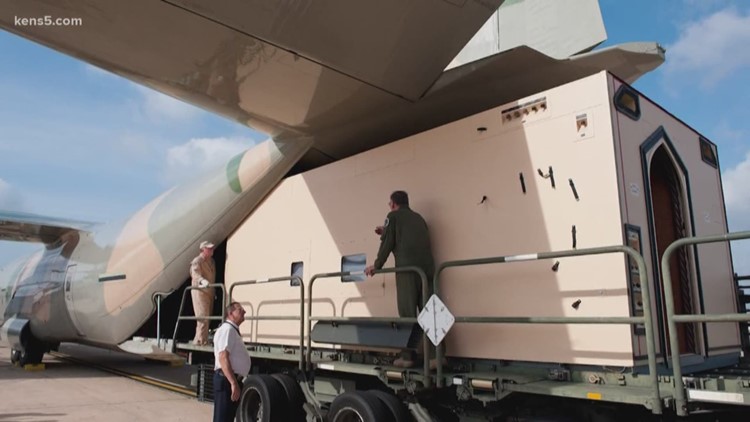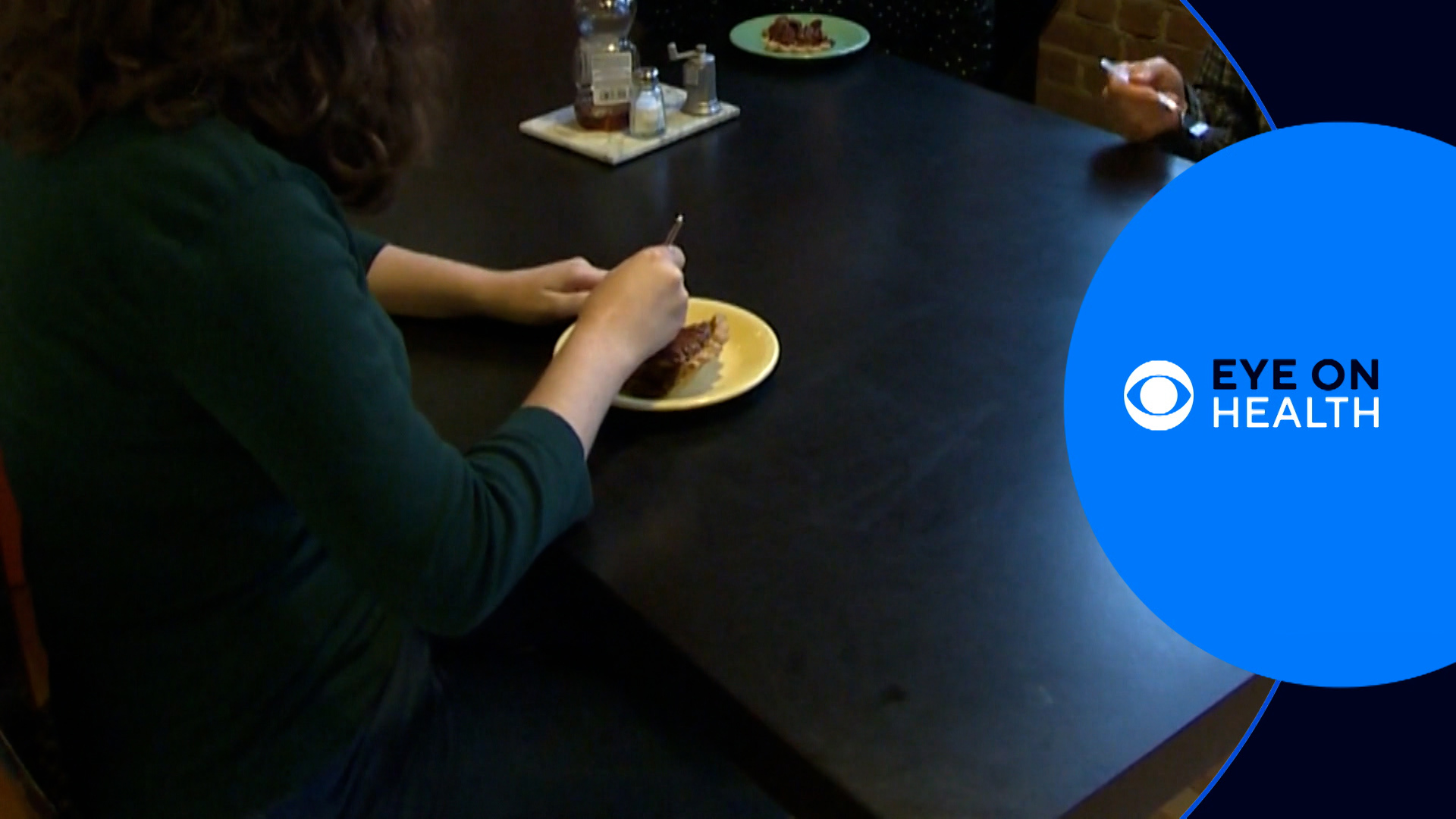SAN ANTONIO — The coronavirus is ever evolving, requiring the medical community to keep up with the searching for a vaccine, but also equipment to better handle the outbreak. A San Antonio company is working to attack these types of issues while high in the sky.
"This is a mock up of our medical module. Our universal patient module," said Knight Aerospace CEO and President Bianca Rhodes. It is basically an ICU that can be loaded into the back of a cargo plane. Rhodes added, "This can go on a C-130 or a C-17, which are the most popular cargo aircraft operated by most air forces throughout the world."
She says this could mean the difference between life and death. Rhodes told us, "The difference between slinging a patient onto the back of a cargo aircraft which was intended for cargo is very different than being in a controlled environment."
Once complete, the Universal Patient Module can hold up to 12 patients and five medical personnel, and have critical care capabilities such as negative pressure airflow for patients that are highly contagious, and also telemedicine so complex procedures can be performed even while in flight.
"Telemedicine gives you that real life video visual representation so you can transmit the entire video of what's happening with the patient which is a lot more informative," Rhodes added.
Lt. Gen. Paul K. Carlton Jr. said, "This solves that issue at the national level. If you can move four, six, or eight patients per airplane, per module, then you can empty an ICU very quickly."
Rhodes also told us, "In our medical modules we will have horizontal and vertical railings throughout the entire system where all of the equipment can be taken off and put on the wall."
The beds can also be pulled away from the wall on horizontal tracks so medical workers can work on the patient from all sides.
"It will give a lot of benefit to the caregivers so they can provide better medical care," Rhodes said.
They are constructing their first full module right now, and hope to have it to their first client in four to six months.



